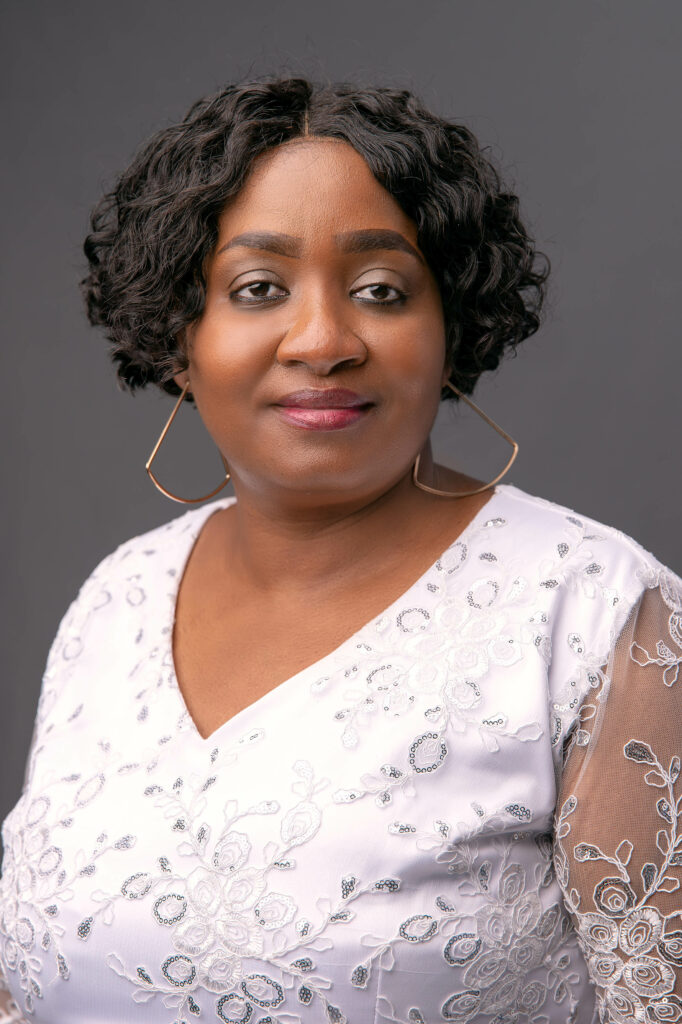A screen grab of eswatini soldiers beating and kicking civilians following riots in eSwatini earlier this year.
Eswatini has made strides in tackling sexual and gender-based violence, but much still needs to be done to ensure the law is applied and that perpetrators —particularly those in powerful positions — are held accountable, a local activist says.
Nonhlanhla Dlamini, the director of the Swaziland Action Group Against Abuse (Swagaa), says much of the activism against sexual and gender-based violence in the kingdom is largely carried out by nongovernmental organisations — although two decades of advocacy yielded the progressive Sexual Offence and Domestic Violence (SODV) Act (SODV) in 2018.
Dlamini joined the action group in 1998 after someone close to her was raped.
Eswatini, like many other Southern African countries, has staggering rates of sexual and gender-based violence. One in three girls will have experienced some form of sexual abuse by the age of 18, according to the action group. A further 48% of women report having experienced some form of sexual violence during their lives.
Still, Eswatini has come a long way, Dlamini says, reflecting on the early days of her activism.
“Police officers had lots of attitude,” she said. “We would advocate for survivors and request that the police provide privacy but they didn’t see why [survivors] wouldn’t report over the counter.”
It took many workshops to demonstrate how a rape case differed from, say, a burglary, and how each case deserved different treatment. At the time, there was scant public trust of Swagaa, which was seen as interfering with family issues.
Undeterred, Dlamini and the organisation were active in the push for stronger legislation, and she was part of the committee which drafted the Sexual Offence and Domestic Violence Act saw it through its journey from a bill until it became law.
“I am really proud of the SODV Act. You know when you see something from the time it was born? You nurture it and then see it as a law that is adopted,” she said.
The action group has also advocated for child-friendly courts, which Dlamini first encountered in Zimbabwe. With the support of the British High Commission, the first one was set up in Mbabane and now there are many others. Eswatini also has three one-stop centres, a concept borrowed from the Thuthuzela centres in South Africa, in which health care, counselling services, legal aid and clothing, food and housing to support survivors are under one roof.
Dlamini’s organisation has been granted special permission to distribute anti-gender-based violence training manuals used in schools, endorsed by the minister of education.
Perceptions of the action group have also shifted favourably among committees. “Swagaa has actually become a household name.”
In 2004, Dlamini joined 21 international participants in a six-week leadership course for women in the US, where they learned about the struggle for the emancipation of women in that country.
She remembers one delegate talking about how women were not able to vote in the US until 1920, after advocating for their own rights. Dlamini realised then that, instead of expecting men to advocate for the rights of women and children, women had to do it themselves. She left the US determined to stand for parliament in the next election.
Four years later, in 2008, Dlamini left Swagaa to take up a position in parliament, wheren she set about pushing for the passing of the SODV Act, which was still a bill at the time.
Although the Swazi legal system allowed Dlamini to stand as an individual and advocate for what she believed in, she encountered a distinct lack of support, a reason, she believes, there are so few women in parliament to this day.
“To come up with a campaign strategy and to finance the campaign strategy, we need resources. Most women don’t have those resources. Men, because of the patriarchy in this country, are in charge of most of the resources,” said Dlamini, who rejoined the action group in 2018, after achieving her goals in parliament.
“I made that decision to be in the field so I could score goals. I have no regrets because I was able to move a motion and this is how the bill found its way to parliament.”
 Rights fights: Nonhlanhla Dlamini pushed the sexual offence Act through parliament.
Rights fights: Nonhlanhla Dlamini pushed the sexual offence Act through parliament. Despite these important strides, there is still work to be done to combat sexual and gender-based violence in Eswatini. “What I think needs to be done is to ensure the implementation of the legislation. When we have some people committing an offence and not being held accountable, that is a problem,” Dlamini said, adding that powerful people are especially often not held to account.
She hopes the wheels of justice can move faster so reported cases are heard in court quicker, perhaps by revamping the justice system to have specialised courts that just deal with sexual and gender-based violence cases.
“When a person reports, it takes some courage, they are looking for justice. [It’s] not working for us when an offence is committed and then the case would go to court years later or months later,” Dlamini says.
This article was possible by the support of the German federal foreign office and the Institut für Auslandsbeziehungen (IFA) Zivik funding programme. The views in this article do not necessarily represent those of the German federal foreign office or the IFA